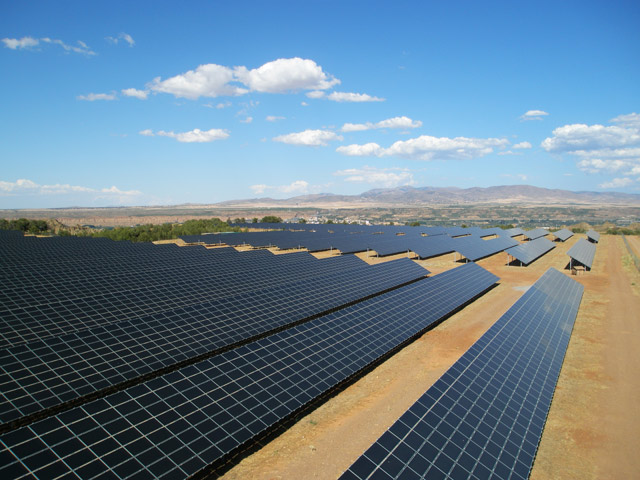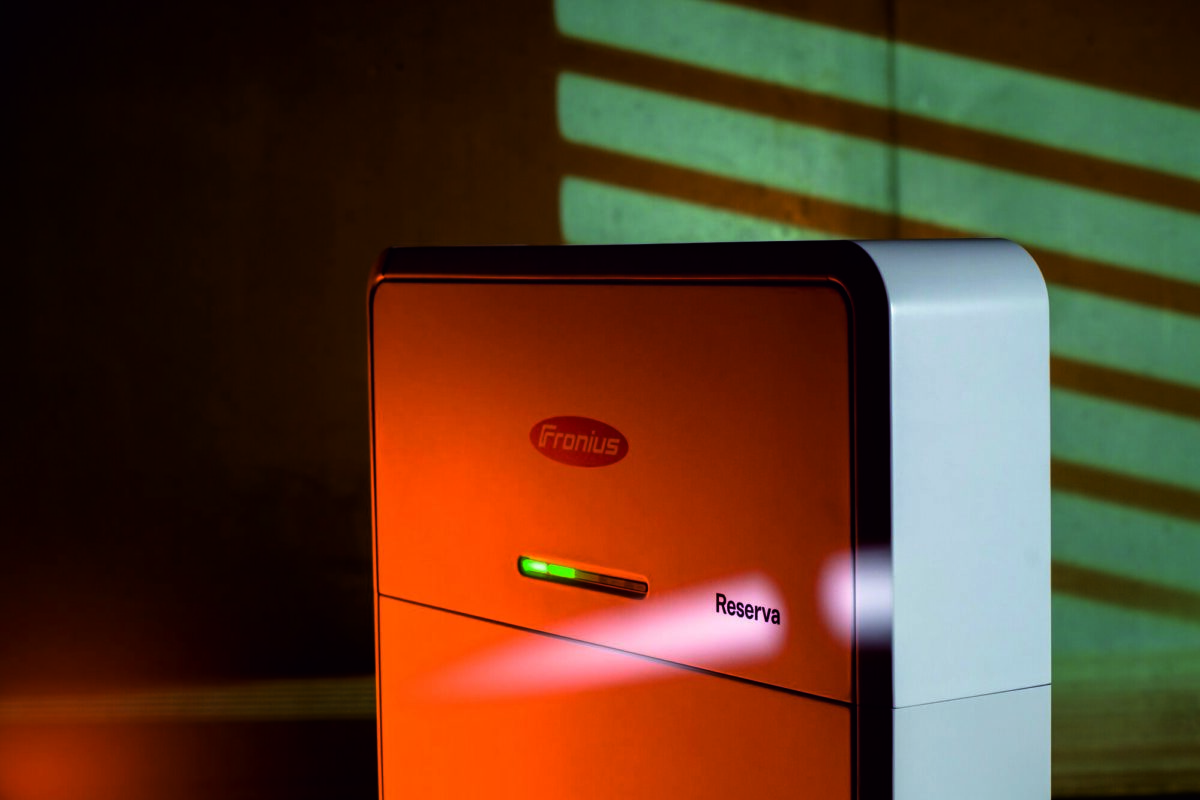Investment in the world’s energy infrastructure has fallen for the second consecutive year – yet despite less money sloshing around, the reality for renewables looks brighter than ever as more and more funds are steered towards clean energy.
This is the conclusion of the latest World Energy Investment report published today by the International Energy Agency (IEA). The headline statistic from the report shows that there was a 12% fall in global energy investment in 2016, but equally significant is the fact that clean energy spending claimed a 43% share of all expenditure – a record high.
The IEA calculates that $1.7 trillion was invested in the global energy sectors last year, a figure that accounts for 2.2% of global GDP. Spending on the electricity sector outstripped investment in gas, oil and coal supply for the first time ever – marking a notable tilt away from traditional thermal energies towards renewables and nuclear.
In the week following the meeting of the G20, the report’s publication was timely and offered a reminder of the responsibilities of the world’s largest economies to tackle climate change. Chinese investment in coal-fired power investment sank by 25% last year as the nation tightened its embrace of clean electricity generation in the form of massive amounts of solar and wind. The impact of the Chinese energy transition will be seismic, as will the emergence of India’s green-powered economy: the nation increased its overall energy investment by 7%, with record levels of funding for renewables.
The U.S., meanwhile, accounted for 16% of global energy spending despite registering a sharp decline in oil and gas investment. With China, India and the U.S. cutting back on thermal power investment (although the U.S. is expected to register an upswing in shale gas investment in 2017, creating a somewhat two-speed carbon market this year), carbon emissions stagnated in 2016 for the third year in a row, the IEA report found.
However, while clean electricity generation grew, it is still not keeping pace with demand, the report added, stressing that growth in wind and solar PV was almost entirely offset by a slowdown in final investment decisions for new nuclear and hydropower. These decisions are expected in the coming year, and could steer funding away from renewables, said the report.
Electricity and R&D
Investment in global electricity power generation in 2016 was relatively flat at $718 billion. Renewable-based electricity generation made up the bulk of this funding, and while investment in clean energy was $297 billion and 3% down on 2015, additions last year were 35% larger than in 2015 due to cost declines and technological improvements inherent in the solar and wind sectors.
Spending in energy-efficiency measures was up by 9% globally, reaching $231 billion, while R&D spending was also up. The IEA report found that China had overtaken Japan as the world’s top energy R&D investor as a share of GDP.
“Our analysis shows that smart investment decisions are more critical than ever for maintaining energy security and meeting environmental goals,” said IEA executive director Fatih Birol. “As the oil and gas industry refocuses on shorter-cycle projects, the need for policymakers to keep an eye on the long-term adequacy of supply is more important. Even with ambitious climate-mitigation goals, current investment activity in oil and gas will have to rise from its current slump.
“The good news is that in spite of low energy prices, energy efficiency spending is rising thanks to strong government policies in key markets.”
This content is protected by copyright and may not be reused. If you want to cooperate with us and would like to reuse some of our content, please contact: editors@pv-magazine.com.



1 comment
By submitting this form you agree to pv magazine using your data for the purposes of publishing your comment.
Your personal data will only be disclosed or otherwise transmitted to third parties for the purposes of spam filtering or if this is necessary for technical maintenance of the website. Any other transfer to third parties will not take place unless this is justified on the basis of applicable data protection regulations or if pv magazine is legally obliged to do so.
You may revoke this consent at any time with effect for the future, in which case your personal data will be deleted immediately. Otherwise, your data will be deleted if pv magazine has processed your request or the purpose of data storage is fulfilled.
Further information on data privacy can be found in our Data Protection Policy.